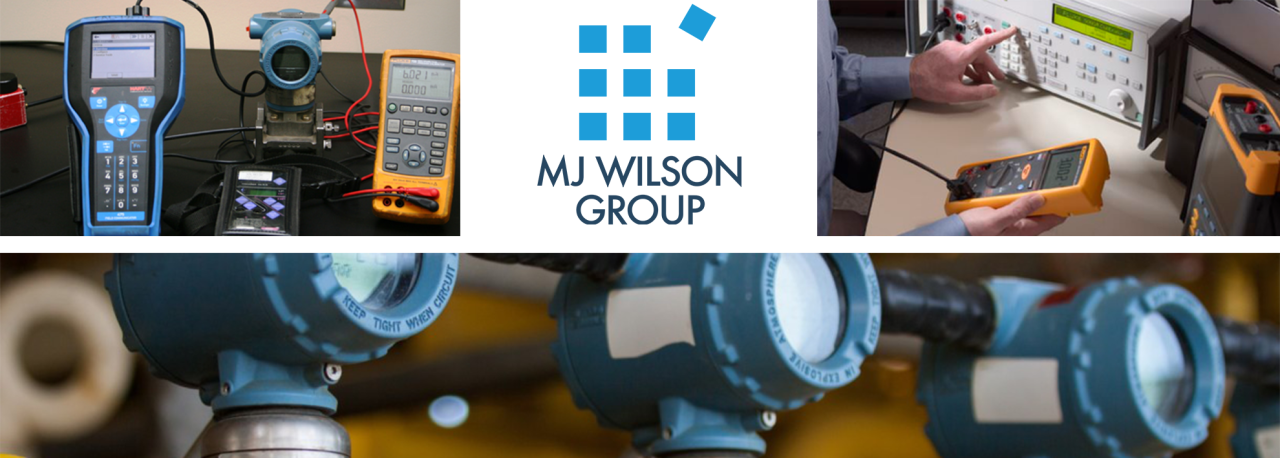
The Importance Of The Calibration Of Process Instrumentation
Calibration is vitally important wherever measurements are important, it enables users and businesses to have confidence in the results that they monitor, record and subsequently control.
The goal of calibration is to minimise any measurement uncertainty by ensuring the accuracy of test equipment. Calibration quantifies and controls errors or uncertainties within measurement processes to an acceptable level.
MJ Wilson Group offer on-site, laboratory and factory calibration services and will issue certification once your devices have been successfully calibrated.
UKAS CALIBRATION
In addition to the NIST and NMI traceable standards to which we currently operate, our Stockport facility is also a UKAS accredited gas flow calibration laboratory (number 4518) in accordance with ISO/IEC 17025 and is fully traceable to international standards. The implementation of the ISO 17025 quality management system, with its ability to highlight specifically derived uncertainties, now offers our customers an even greater level of confidence and assurance when seeking measurements reliant upon accuracy and repeatability for fundamental process applications.
LABORATORY CALIBRATION
MJ Wilson Group are able to calibrate the vast majority of process instruments in use today including temperature, pressure, electrical, dimensional, force, mass, torque, pH, humidity, time and speed - utilising our own workshops and a wide range of specialised, traceable test instrumentation – supporting 29 measurements traceable to UKAS or National Standards.
SITE CALIBRATION
Our fully-qualified engineering team, based at our Cardiff facility, also allows us to offer a full range of on-site activities on either a routine or an emergency call out basis. Our technical expertise includes a team of skilled engineers and technicians who can investigate and improve your plant performance.
FOOD INDUSTRY
Within catering, or commercial kitchens, the implications of using a piece of equipment that has not been calibrated could be that a critical food temperature is incorrectly measured; this could result in:
- A food safety issue
- Breach of HACCP and customers being ill
- Environmental Health Officer notices of closure
- Legal action
All of which result in damage to the reputation of a business. The possible cost to reputation, when compared to the cost of a simple two-point annual calibration, means it’s often not worth the risk of ignoring calibration.
MANUFACTURING
In manufacturing process applications, any equipment used should be calibrated at multiple points across its working range to ensure reliable information to critical alarms and systems. Failure to calibrate or improper calibration has been the cause of injury, death and even major environmental disasters.
WATER TREATMENT
The calibration of water quality testing equipment is as important as the tuning of a musical instrument. Simply stated, calibration is how we adjust water monitoring equipment that has started to drift a little. A drift in instrument response over time is inevitable. Small physical changes to the glass surface on a pH sensor, for example, will change the response and result in an inaccurate pH reading. A calibration will offset those changes in your water quality testing equipment.
Please contact us for further information:
